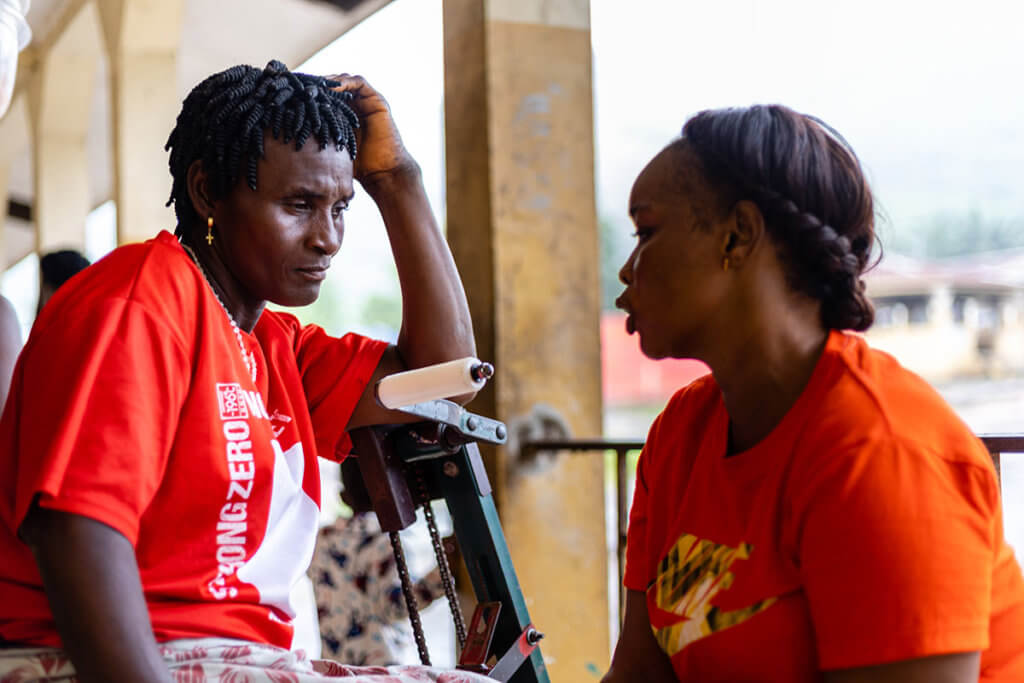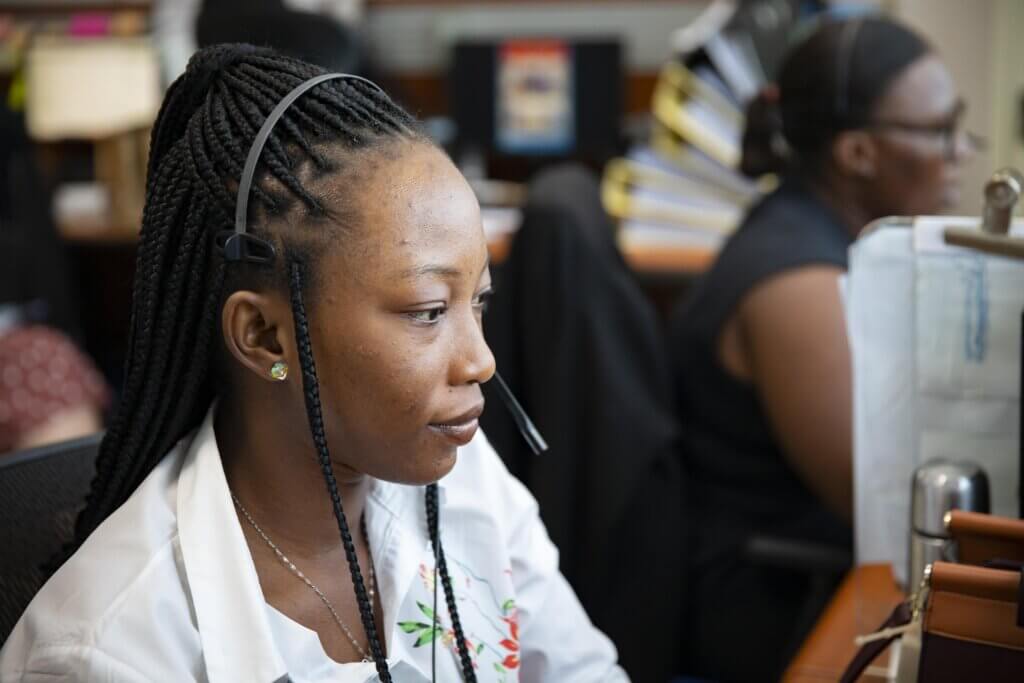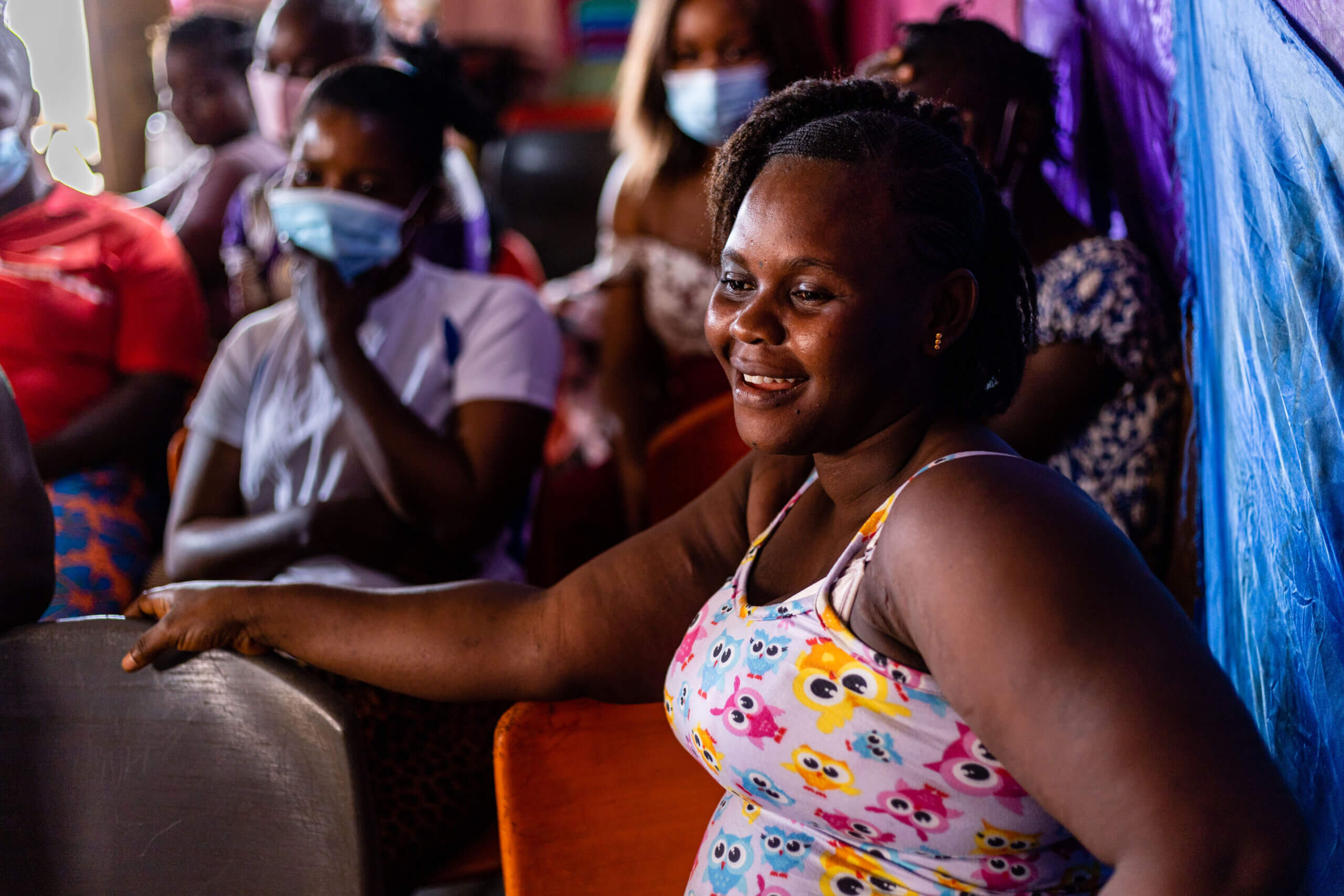How we reach women seeking abortion care
Imagine you’re a woman seeking an abortion in Ghana or Nepal. While many abortions are legal in these countries, you may not know the law. You might wonder how you can find care that’s both legal and safe. You might worry about protecting your privacy as you seek information. And you might encounter misinformation that prevents you from finding real service providers, making you think that an unsafe abortion is your only option.
At MSI, our marketing team is focused on helping women navigate these obstacles and find the care they need. The barriers are real, but we’re finding innovative ways to change the conversation. When we do, women are better able to make safe healthcare decisions and choose their own futures.
What women need when seeking abortion care
How do we advertise our reproductive health services? MSI uses a variety of tactics – from radio programs and billboards to community-based health workers doing personal outreach. But when it comes to advertising abortion care, there are unique considerations and challenges to reaching women who need care.

In 2019, MSI spoke to 1,800 clients across Africa and Asia about their experiences accessing abortion care. What they told us sheds light on our abortion clients’ needs.
Compared to contraception clients, abortion clients were more likely to hear about MSI through word of mouth and digital channels like online searches or social media. In recent years, we’ve seen an increase in clients seeking information about abortion care on WhatsApp. This is seen to be more confidential because messages are encrypted.
In many countries, we cannot speak openly about abortion. Social backlash can be severe, even when the law allows abortion care under some circumstances. Sometimes, talking about other issues, such as care after unsafe abortions, counselling for unplanned pregnancy or menstrual health, offers an entry point to talking about abortion indirectly.
Responding to digital censorship and misinformation
Censorship is an enormous issue, particularly on digital channels. Our recent report with the Center for Countering Digital Hate revealed how Meta and Google frequently block our content, while allowing misinformation to flourish.

“We really struggle to talk about abortion on social media because it’s often blocked, even in countries where it’s not restricted,” explains MSI Marketing Director Jennifer Gassner. “There’s no consideration that it is actually legal.” Once content has been taken down, getting it back up through the appeal process is difficult or even impossible.
Because of these challenges, word of mouth is particularly important. Our study found that more than 40% of MSI’s abortion clients chose MSI after hearing about us from a friend or family member. This is compared to fewer than 30% of contraception clients. We also build relationships with community health workers, partner organizations, and other health providers. While these partners can’t provide abortion care themselves, they can direct women who come to them for help to MSI as a trusted, safe service provider.
Changing the conversation around abortion
Ultimately, the best way we can help women access safe abortion care is by changing the conversation around abortion—and MSI’s countries find innovative ways to spark that dialogue.
In Ghana, MSI worked with the Ghana Health Service to launch a YouTube series called Atoua aimed at young people. The series, which has received over ten thousand views, opens with the death of a young woman named Esi from unsafe abortion. Over the course of ten episodes, viewers are asked who’s to blame for Esi’s death, and encouraged to think about how it could have been prevented. It explores the pain, confusion and ultimately the harm that ongoing stigma and lack of access to accurate information about abortion care can cause.
The truth is that even when abortion can’t be talked about openly, women know how important this issue is. “A lot of people know someone who has gone through an unsafe abortion,” Jennifer explains. That’s why, despite risks and barriers, it’s so important to raise awareness about safe abortion services. With support from generous donors, we’ll keep changing the conversation, so that more women can avoid dangerous unsafe abortions and get the care they need.






